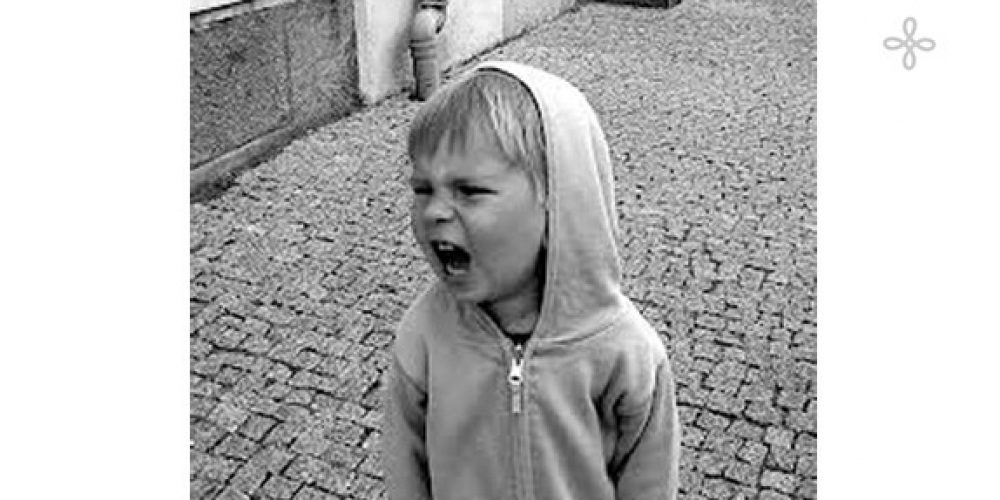Whether or not you have kids, you have probably found yourself asking at one point, why do kids act that way?
Inevitably, some behavior, of some child, at some point is a mystery.
Their Communication is Non-Verbal
In a general sense, the answer is not all that mysterious. Research has shown that a huge amount of communication is non-verbal. This is probably truer for kids since their verbal communication skills are quite immature, and so is their self-awareness. Children are communicating most of their feelings with their behavior.
Unfortunately, the fact that children communicate feelings with their behavior can make figuring out what they are saying difficult. The behavior that one child uses to communicate a certain feeling is not necessarily going to be the behavior that another child uses to communicate the same thing. And here’s why.
Children are growing up in relationship with other people. They have parents and caregivers with unique personalities and particular issues of their own. Those personalities and issues affect the way they provide for certain needs a child has. Specific needs such as merging, mirroring, twinning and idealization. Very often, the feelings that children are communicating with mystery behaviors are ones that they have been taught, overtly or by accident, to “not have,” by their parents and caregivers.
When kids don’t have language skills to express their emotions, or they believe that they are not allowed to verbally express their emotions, they will communicate them through behavior.
Figuring Out What Your Child is Trying to Communicate
One of the ways you can try to figure out what your child is trying to tell you is to recognize the way the particular mystery behavior is making you feel. When you figure that out, you can begin to understand what your child is trying to say. Do you feel confused, angry, controlled? Let yourself feel your reaction to the behavior. Once you recognize the feeling that is being “pulled” out of you by the behavior, then you will understand the emotion your child is trying to communicate. After you recognize the emotion, you can then start to pinpoint WHY your child might be feeling that way.
Figuring out WHY your child is feeling this way is the hard part. Because it means you might have to allow your child to have feelings you don’t think they should have; about things you don’t think they should have them about.
When you figure out why your child might be feeling this way, then you can have a developmentally appropriate verbal conversation about the experience. This connects you deeply with your child because they feel understood and validated. It might mean that you are struggling with their hatred or disappointment in you. But it will most often mean that the mystery behavior disappears and other, more socially acceptable or functional behavior replaces it.
Getting Help Deciphering Mystery Behavior
Now you know why kids act that way. Think you could use some help deciphering mystery behavior or the feelings behind it? Call me. We’ll talk.

Contact me now
And set up your free 15-minute phone consultation.








